While many people go into teaching to help foster a love of learning in children, most people understand that teaching also involves a love of working with children and nurturing their growth. Teachers spend numerous hours with children in the course of a given week, giving them a prime opportunity to help guide children toward better life choices and fostering positive relationships. For some students, positive relationships with teachers are some of the only positive relationships with adults that they encounter. There is no better way to help foster personal and character growth in a student than through the act of mentoring.
While many teachers may consider mentoring to be a purview of community members or the guidance office, teacher mentors make some of the best mentors in the school system. Relationships forged in the classroom transfer easily over to a mentor-student role. Best of all, forging a mentor relationship with a student often increases performance in academics and overall student well-being. Several notable studies have indicated an increase in student academic performance with involvement in mentor programs. Do not be fooled by the presence of community and guidance mentors – teachers can and do make wonderful mentors for students as well.
What is involved in mentoring? Typically, mentoring involves two facets. The first is monitoring student progress and achievement and helping students find ways to resolve academic or behavior issues through that monitoring system. For example, a mentor with a student failing a math class may discuss the issue with the student and help the student find tutoring resources or catch up on work. This is a more practical side of mentoring. Before this side can be tackled, however, a relationship must be formed with the student.
Forming a relationship and offering guidance to students is a critical part of mentoring. This often involves getting to know a student’s interests, talking with the student, and discussing problems or successes that the student may have. Mentoring is often about giving advice and encouraging the student to make good choices. It is important that a mentor relationship remain positive and based on trust. Remember that your student is counting on you to be a trusted adult in their lives, to offer sound advice, and to help build their self-esteem. Mentors should be watchful of any news that they may need to report to guidance or administration – particularly if it is shared information that could be harmful to the child or another individual. However, being a mentor is not about catching your student mentee in a moment of bad behavior. This portion of mentoring simply involves checking in with the student, conversing with them regularly, and offering a safe place to seek advice. For teachers, this positive connection to students often reinforces the love of teaching that we all share.

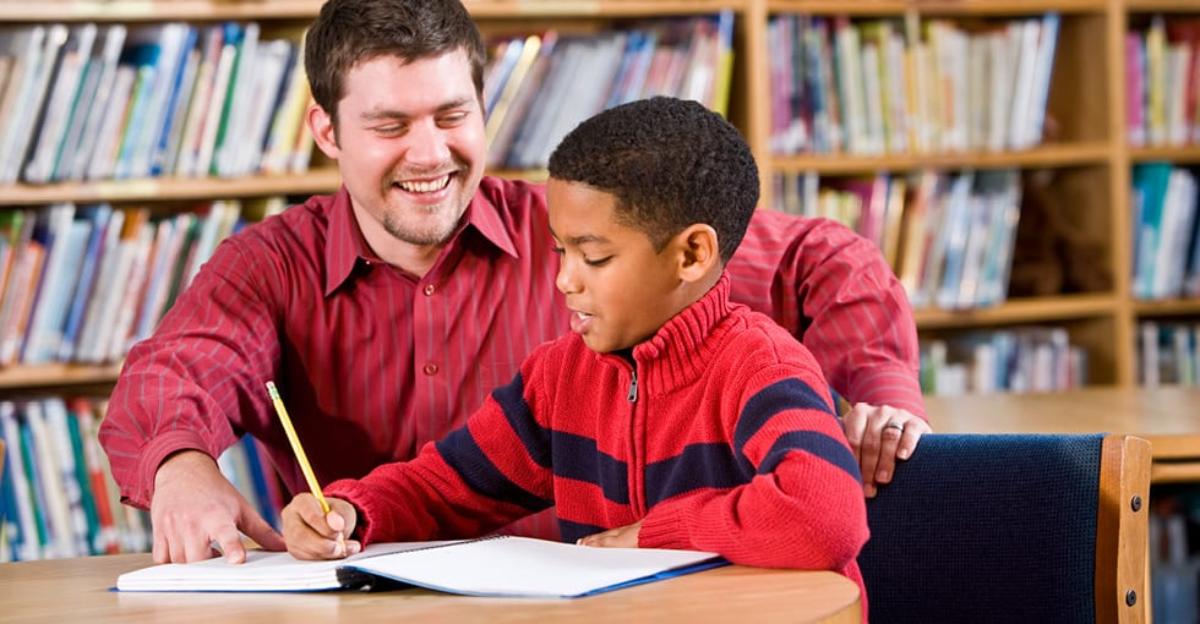
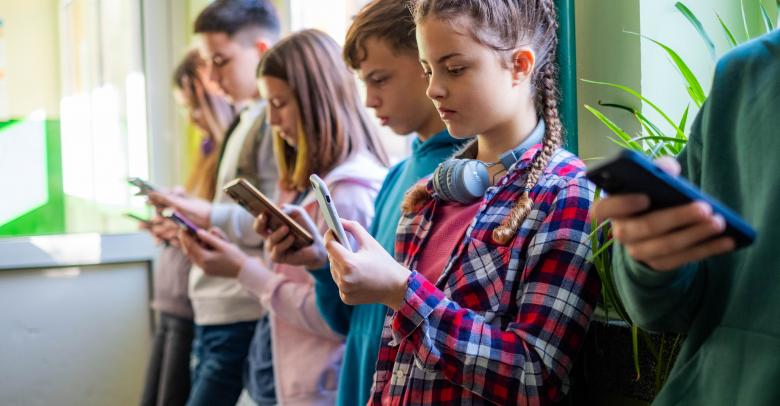
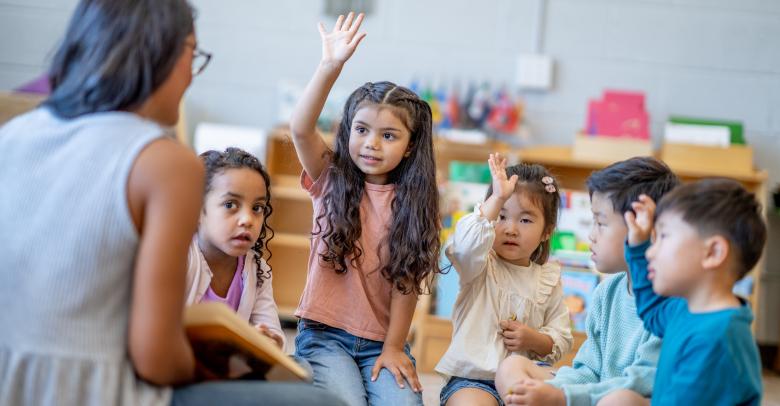
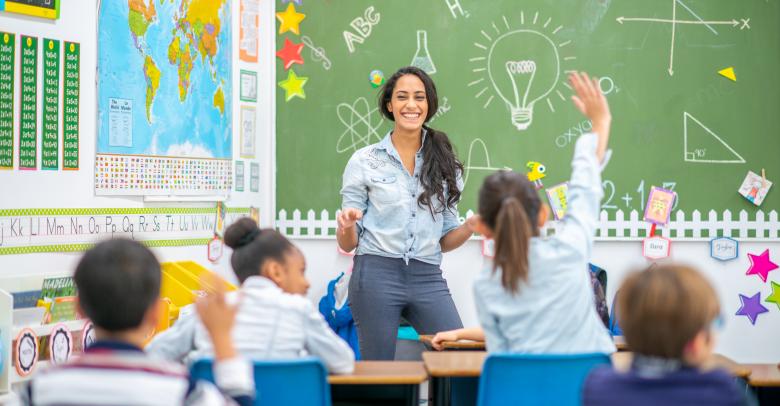
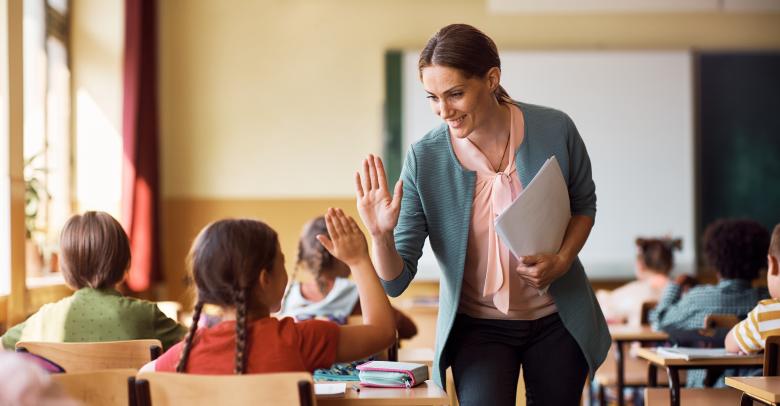
Leave a Reply